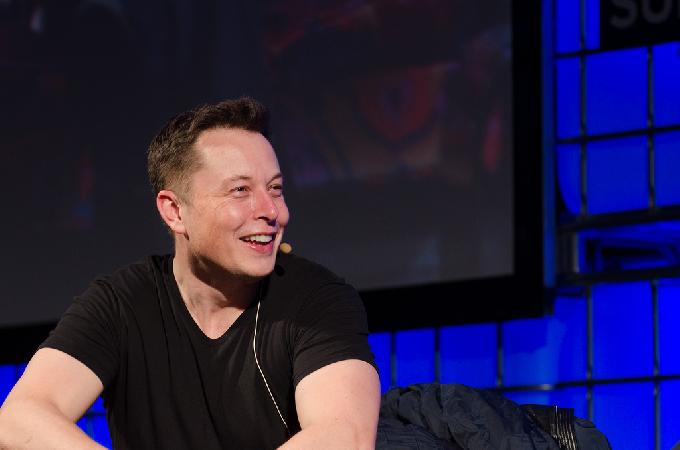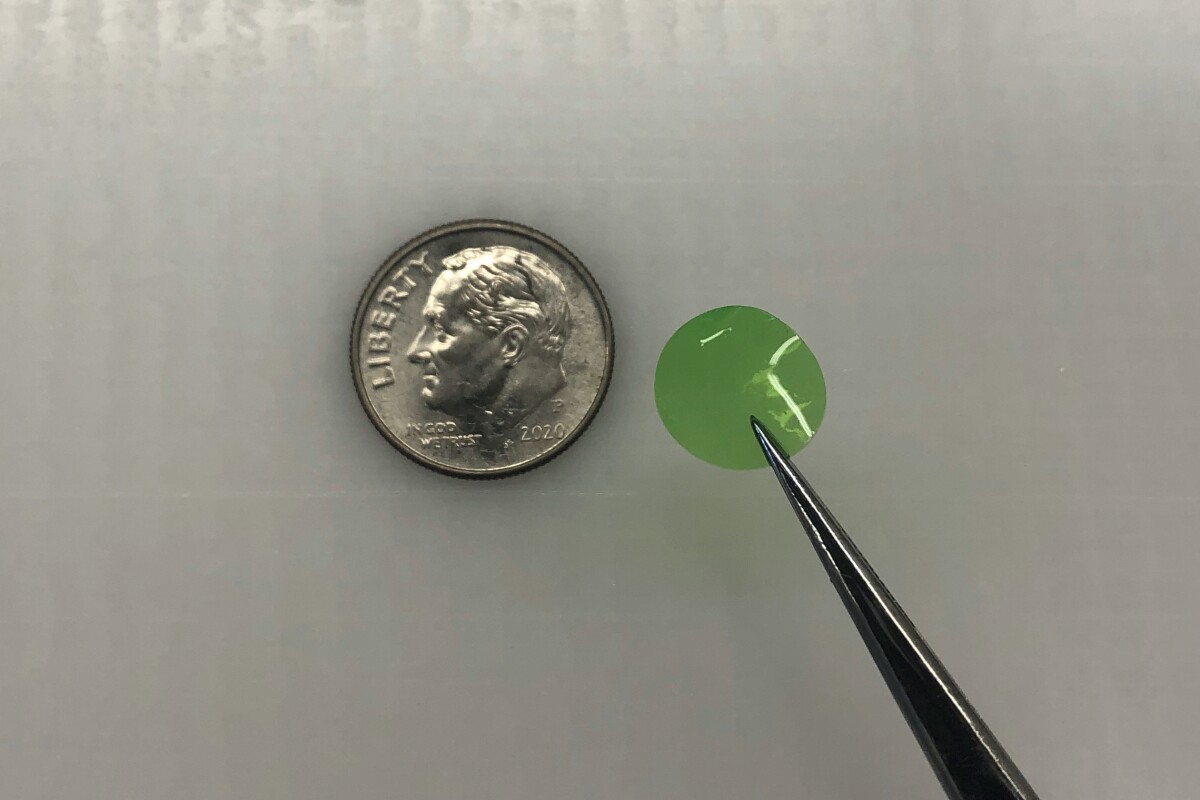Electricity Crunch by 2025? Musk’s Projections and the Semiconductor Shortage
Elon Musk raised eyebrows with his claim that the surging growth of AI and electric cars could overwhelm the world’s electricity supply and transformers by 2025. While the scenario of AI-induced blackouts might seem like science fiction, Musk taps into a legitimate concern. Training complex AI models gobbles up massive amounts of computing power, which translates directly to high electricity consumption. Likewise, the booming popularity of EVs puts extra strain on the power grid as more and more vehicles need charging.
“The artificial intelligence compute coming online appears to be increasing by a factor of 10 every six months. Like, obviously that cannot continue at such a high rate forever, or it’ll exceed the mass of the universe, but I’ve never seen anything like it. The chip rush is bigger than any gold rush that’s ever existed,” said Musk.
“Then, the next shortage will be electricity. They won’t be able to find enough electricity to run all the chips. I think next year, you’ll see they just can’t find enough electricity to run all the chips,” he added.
“The simultaneous growth of electric cars and AI, both of which need electricity, both of which need voltage transformers – I think, is creating a tremendous demand for electrical equipment and for electrical power generation.”
Semiconductor Shortage and Sustainability: Meeting the Challenge of Powering Tomorrow’s Technologies
The global semiconductor shortage, exacerbated by the COVID-19 pandemic as well as heightened demand from artificial intelligence applications, is causing production delays and driving up prices for electronic devices. Companies across various industries are grappling with challenges in meeting the soaring consumer demand.
The 2025 prediction highlights the urgent need to invest heavily in renewable energy sources and upgrade the existing power grid infrastructure. This will be crucial to meet the ever-increasing demand for clean electricity. Musk’s comments serve as a reminder that technological advancements need to be accompanied by considerations for sustainable development. As AI and EVs continue their rapid trajectory, finding ways to power them efficiently will be paramount.







